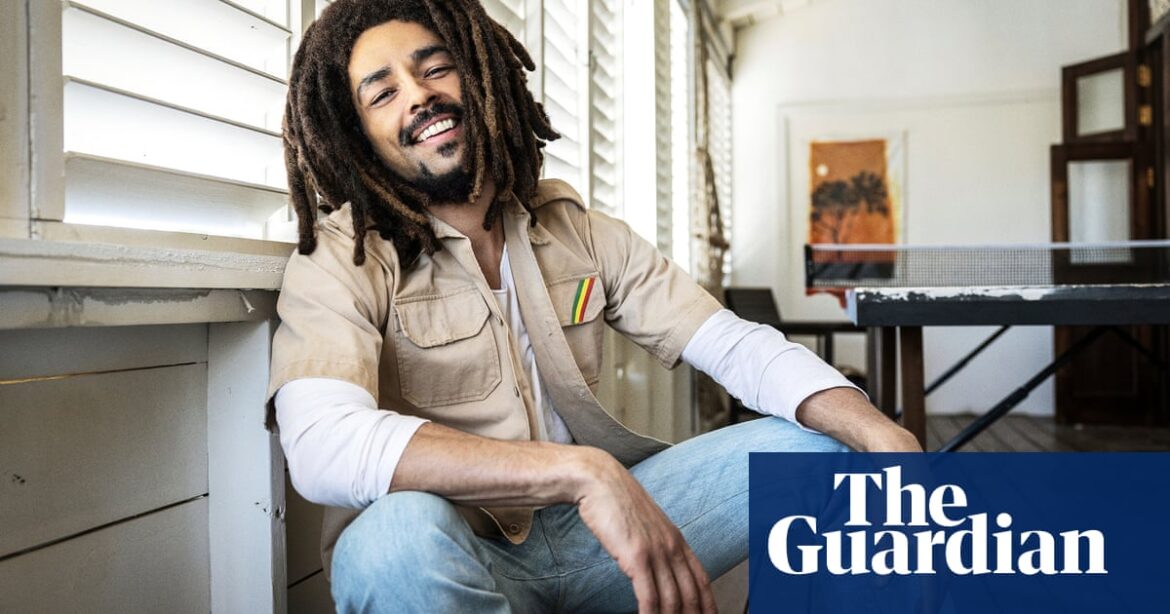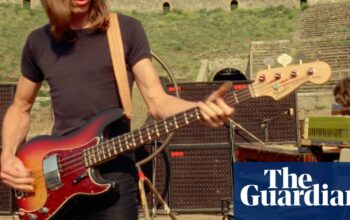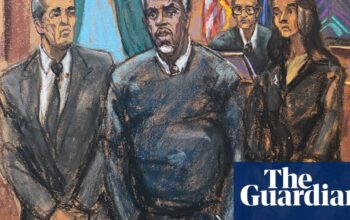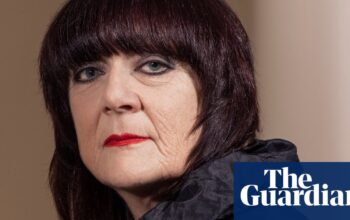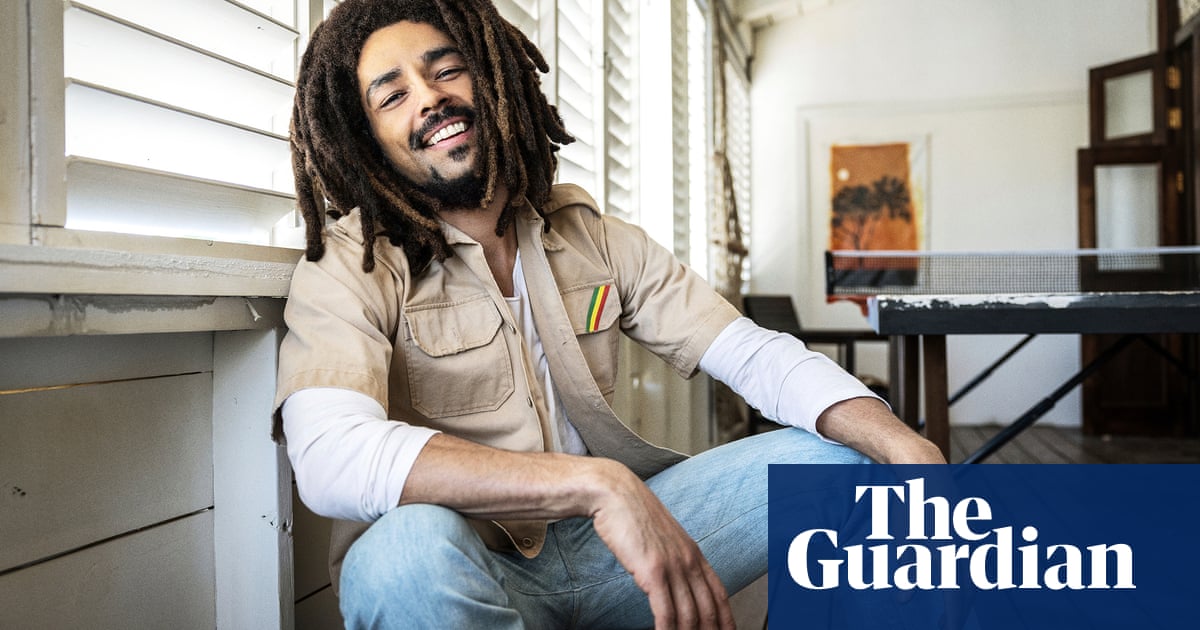
Dr. Joseph Farquharson, a linguist from Jamaica, was approached to provide consultation for the Bob Marley biopic One Love. The main reason for his agreement was to prevent another Cool Runnings situation.
The movie from 1993 that portrays the Jamaican Olympic bobsled team has become a beloved favorite in many English-speaking countries. However, it also serves as a warning about the consequences of Hollywood’s attempt to “globalize” the Jamaican accent and unique language.
Farquharson, a One Love dialogue coach, advised Brett Tyne, who in turn advised Kingsley Ben-Adir, who portrays Marley, on the authenticity and appropriateness of the dialogue in the film. The dialogue needed to remain true to the era and strictly use Jamaican Patois.
“We made it clear from the beginning that if this was going to be another Cool Runnings, we would not be involved,” stated Farquharson, a senior lecturer in linguistics at the Jamaican Language Unit at the University of the West Indies.
According to Jon Turteltaub, the director of Cool Runnings, he faced significant pressure from Jeffrey Katzenberg, who was the chair of Walt Disney Studios at the time. This was due to the fact that the American audience had difficulty understanding the accents of Leon Robinson, Doug E Doug, Malik Yoba, and Rawle Lewis. Turteltaub revealed in a 2020 interview with the Guardian that he feared being fired if he couldn’t get the actors to speak like Sebastian the crab in The Little Mermaid.
Farquharson expressed that Paramount, the studio producing One Love, made the decision to incorporate Patois, a language that combines elements of English and various African languages with influences from Spanish, Hindi, and Chinese. He was uncertain about the extent to which they wanted to include Patois, as the film was being made for a global audience in Hollywood.
The choice created challenges for one of the actors in the movie. According to Ben-Adir, it was like trying to learn a role in French because Jamaican Patois can be deceiving. He explained, “There are many English words within it, so you feel like you understand it. However, it is actually more confusing and complex.”
According to Farquharson, Ben-Adir utilized the Cassidy-JLU writing system which uses phonetics to represent Patois in written form. This helped him to understand the language more easily. Farquharson stated, “It greatly facilitated his comprehension.”
For Jamaicans, mastering Patois is becoming more crucial as they are now more accepting of the language. In the past, there were debates on whether it should be completely replaced by standardized English. However, attitudes have changed significantly in the past few decades, according to Farquharson.
He brought attention to a study conducted in 2005 which indicated that 70% of Jamaicans supported the idea of having schools that teach in both standard English and Patois, a significant change from the 1950s when the language was looked down upon.
According to him, there is a clear connection between the changing views and how Hollywood portrayed One Love. He stated, “As Jamaicans have a more favorable opinion of their language, they desire to see it depicted accurately.”
Patois has also been politicized. The primary opposition party in Jamaica, the People’s National Party, has promised to grant formal recognition to Patois as the official language of Jamaica if they win the election.
At last year’s annual conference, the party president, Mark Golding, expressed the need for Jamaica to recognize a “language issue” stemming from its history as a former colony. According to Golding, the belief that Jamaican language, which was created by Jamaicans themselves, is inferior and should only be spoken by those who cannot speak better, is a result of the country’s colonial past.
Farquharson believes the language’s importance is much more significant, and makes Jamaica distinct. “We lose our flavour without it, we become like everyone else. Everyone [in the Caribbean] has sand and sun, so what are you offering?” he said. “We have got to the point where we say: ‘Well, this is us.’ It’s the same as subtitling a movie in another language – give us the same sort of privileges, we will not accept fake Patois.”
This focus on specifics ensures that One Love will not suffer the same fate as Cool Runnings and How Stella Got Her Groove Back in the category of failed attempts at using Patois. Instead, it has achieved the same level of linguistic realism as The Harder They Come, Perry Henzell’s iconic 1972 gangster film known for its accurate portrayal of the language.
Farquharson stated that One Love is more genuine than The Harder They Come. He recalls scenes in the Jimmy Cliff movie where the characters use more English than one would anticipate from criminal figures. However, in One Love, particularly when listening to the band members speak, one is exposed to truly authentic Jamaican dialogue.
Source: theguardian.com
